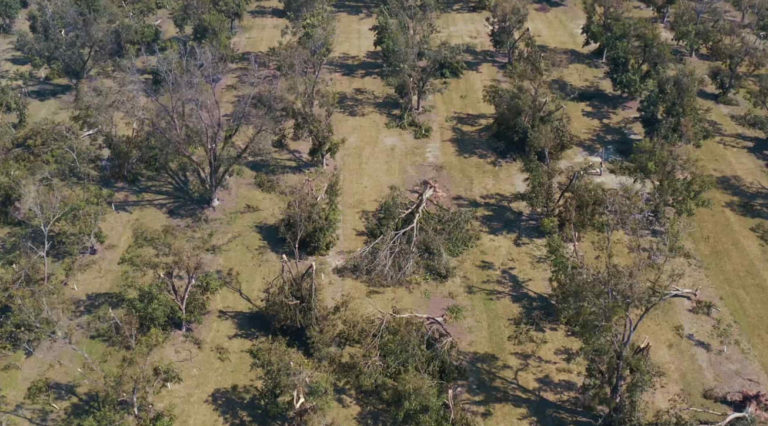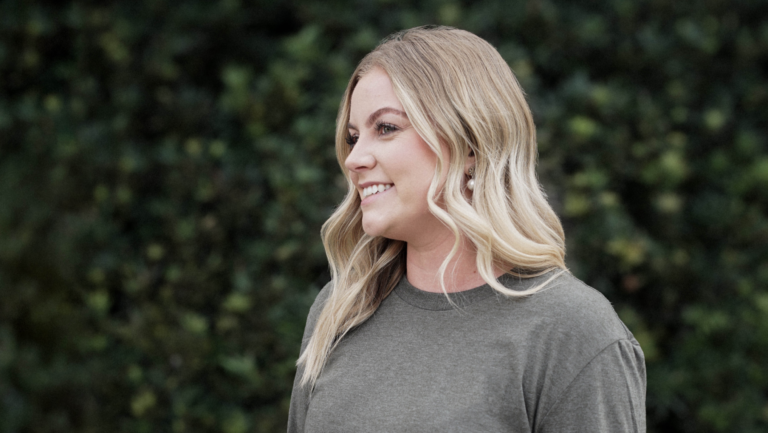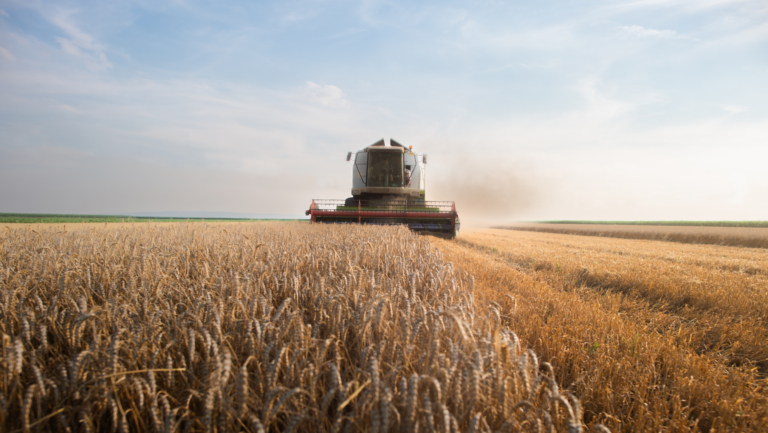How WOTUS Affects Farmers and Ranchers
What landowners need to know about the significance, impact, and regulatory reform of Waters of the United States (WOTUS).
Farmers and ranchers know more than most how diverted surface water and wetlands provide important functions to ecosystems and agricultural uses that cannot be understated.
All living things require water for growth and sustainability. Planted crops, whether annual or permanent, are no exception. Water can be provided naturally through precipitation, or artificially through a variety of irrigation systems. Irrigation water is obtained through surface water and groundwater, both of which are regulated differently throughout the United States.
To protect these waterways, Congress passed the Clean Water Act in 1972, giving the Environmental Protection Agency oversight in protecting the country’s bodies of water, including wetlands, underground aquifers, and diverted surface water. But with these safeguards came a cost.
For decades, WOTUS rules and water rights have been a subject of regulatory and legal ping-pong, leaving rural landowners caught in the middle of navigating the consequences of these changes while feeding a growing global population.
How the Recodification of WOTUS Affects Farmers and Ranchers
In December 2022, the EPA and the Army Corps of Engineers proposed an updated WOTUS definition, with a final rule going into effect in March 2023. Unfortunately, since then, the issue has been muddied with unclear guidelines and lawsuits. Many lawmakers recognize this challenge and how it impacts our hardworking farmers and ranchers.
“Regulations of any type should be simple and easy to follow. They should carry out the intent of the law in a clear and transparent manner, making them easily enforced. There should be no subjectivity or wiggle room for any bureaucrat or bureaucrats to substitute their own biases. Unfortunately, that’s not the case here. Sweeping legislation like the Clean Water Act, while certainly beneficial, can lead to bureaucratic overreach and regulatory headaches that often don’t make sense to regulated communities.”
– David Rouzer, North Carolina Representative
The inconsistency in water regulation has led to inhibited advancements in the U.S. ag sector and can impact land values for rural landowners. For example, since water rights can vary from county to county, agricultural properties with water rights have and retain more value than similar-use land with no water rights. This can affect the landowners’ resale value and also their ability to collateralize these properties for liquidity or future expansion.
What the Farm Community is Saying About WOTUS Regulatory Reform
According to Missouri Farm Bureau President Garrett Hawkins, the proposed definition of WOTUS perpetuates ongoing uncertainty, making it “impossible for any farmer to know if a feature on their property is a WOTUS”, due to vague and ever-changing rulemaking.
“The use of the ‘significant nexus’ test allows the agencies to aggregate waters together and the reliance on the vague term provides the agencies the latitude to reach whatever conclusion they please.”
– Garrett Hawkins, President of the Missouri Farm Bureau Federation
He also said farmers in his state are worried that lawsuits might create unintended roadblocks for standard farming and ranching practices. This restricts farmers’ and ranchers’ ability to innovate and invest in their operations out of fear that doing so will burden them with red tape and costly debates that could drag out for years.
If the goal of the WOTUS rule is the protect our water sources and ecosystems, creating vague and unclear restrictions that inhibit landowners’ ability to make conservation-focused investments seems counterproductive to many leaders in the U.S. ag sector.
“If you make the programs workable, if you cut red tape, my fellow farmers and ranchers will raise their hand and walk through the door of their USDA office and say they want to put more conservation on the ground.”
– Garrett Hawkins, President of the Missouri Farm Bureau Federation
Last January, the American Farm Bureau Federation, along with the National Cattlemen’s Beef Association, the National Corn Growers Association, the National Pork Producers Council, Texas Farm Bureau, the Public Lands Council, and more, filed yet another WOTUS lawsuit that is currently ongoing. In this lawsuit, they emphasized the importance of clear water regulatory guidelines to protect our nation’s food security.
Overreaching regulations create major permit backlogs for the federal government and result in long delays for farmers and ranchers who are working to keep America fed.
– Zippy Duvall, President of the American Farm Bureau Federation
What’s Next for WOTUS
If the future of the Clean Water Rule can be summarized in one word, it would be uncertain.
The U.S. House and Senate passed bipartisan resolutions to clarify the definition of WOTUS under the Congressional Review Act in March 2023. However, both WOTUS resolutions were vetoed by President Joe Biden, citing that the revised WOTUS rule provides “clear rules of the road that will help advance infrastructure projects, economic investments, and agricultural activities—all while protecting water quality and public health.” Lawmakers continue to debate on whether or not that’s true.
In fact, many states are already actively blocking the proposed WOTUS rule. States where Biden’s proposed WOTUS rule is now blocked include Alabama, Alaska, Arkansas, Florida, Georgia, Idaho, Indiana, Iowa, Kansas, Kentucky, Louisiana, Mississippi, Missouri, Montana, Nebraska, New Hampshire, North Dakota, Ohio, Oklahoma, South Carolina, South Dakota, Tennessee, Texas, Utah, Virginia, West Virginia, and Wyoming.
Industry leaders are also waiting for the resolution of the U.S. Supreme Court’s Sackett vs. EPA case which is expected in June 2023. Depending on the final ruling, agencies may have to revisit and craft a new WOTUS rule that aligns with the Supreme Court’s decision.
According to Nebraska Senator Pete Ricketts, it is unlikely the Biden administration will rewrite its WOTUS rule even with a decision from the U.S. Supreme Court in Sackett v. EPA.
“It seems likely, depending on EPA’s action, we will have to be back in court again for an injunction on this rule.”
– Pete Ricketts, Nebraska Senator
Ensuring the Voice of Agriculture is Heard
While the future is unclear, one certainty is resolute. The voices of agriculture must be heard and heeded during legislative reform that could impact their ability to keep our domestic food supply strong. AgAmerica will continue to monitor the progression of this ongoing reform closely and provide updates for farmers, ranchers, and rural landowners through the AgAmerica trade and legislation page.
You can also sign up for AgAmerica’s newsletter to stay informed on the latest legislative and economic updates happening in the U.S. agriculture industry.






